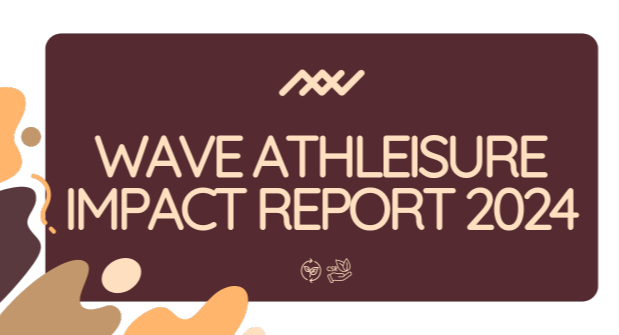Wave Athleisure and Sustainability
Preserving Our Oceans & Biodiversity
Fabric Certifications
How does the Magic happen?
This video describes the process by which recycled plastic bottles are transformed into performance fabrics. The process involves several stages, starting with the breaking down of the plastic bottles into flakes. These flakes are then melted down into pellets, which can be easily handled and processed further.
The pellets are then spun into yarn, which can be used to make a variety of textiles. Finally, the yarn is knitted into performance fabrics, which can be used in a wide range of applications, from clothing and accessories to outdoor gear and equipment.
By using recycled plastic bottles to make performance fabrics, manufacturers can reduce the environmental impact of their products and help to promote sustainability. Recycling plastic bottles also helps to reduce the amount of waste that ends up in landfills and oceans, and can help to conserve natural resources such as oil, which is typically used to produce synthetic fabrics.
For every 10 tons of Recycled fabric, we
SAVE
540 kWh
of energy usedSAVE
631,555 Ltr
of waterAVOID
503 Kg
of CO2 eq. emissionsAVOID
5,308 Kg
of toxic emissionsRECLAIM
448 Kg
ocean waste








